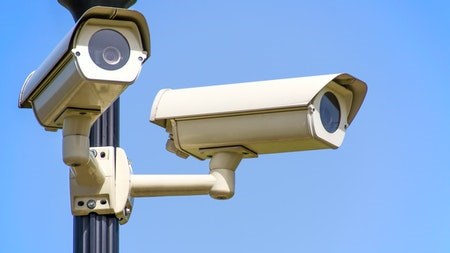In first world countries across the globe, home security has become synonymous with smart technology. Though making progress towards this same trend, developing countries such as South Africa still have a way to go before these smart security features become the norm.
Regional Director and CEO of RE/MAX of Southern Africa, Adrian Goslett explains that there are several reasons why smart security features are not as widely adopted within the South African context, the availability of high-speed fibre internet and the high cost of data being one of the main reasons against it.
“Security systems that allow homeowners to lock and control all security features through a mobile app are incredibly convenient. However, until data costs fall and fibre internet becomes more widely available, it is unlikely that we will see these kinds of smart security systems gain any kind of widespread use within the local housing market,” Goslett predicts.
The reliability of our national electricity provider, Eskom, is another obstacle for homeowners who adopt smart security features. “Although most smart security features have back-up batteries and power systems, the fear of being locked out of one’s own home during load shedding is not entirely unwarranted. Until we have more certainty around our power supply, I remain doubtful that the use of smart security features will become any more widely spread than what it is currently.”
Another aspect that hinders the popularity of smart security features is the prevalence of petty crime in South Africa. Because of their resale value, outdoor security cameras and sensors are often stolen. When installing these security features, Goslett recommends installing them in hard-to-reach places. Homeowners could even consider installing a cage over them so that they are not easy to remove and steal.
While there are obstacles that make smart security features less prevalent within the local market, these features will still have a positive impact on the resale value of the home. Depending on what is popular among buyers within the given suburb, smart security features can increase the appeal of the home which could lead to the seller reaching a higher asking price. For example, smart security features are in demand within suburbs that attract foreign buyers and residents, such as Camps Bay and Bantry Bay.
“Ultimately, if the first world countries are anything to go by, then smart security systems will become the norm in the long-term. Homeowners who are unsure of whether smart security features will increase the value of their own home should contact a local real estate expert who can provide guidance in this regard,” Goslett concludes.




